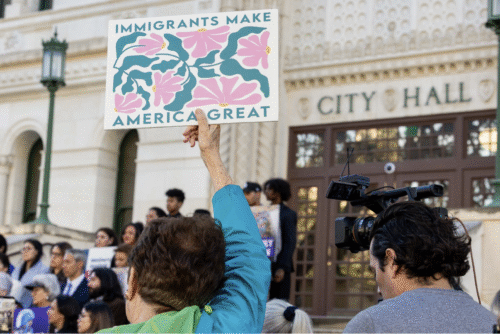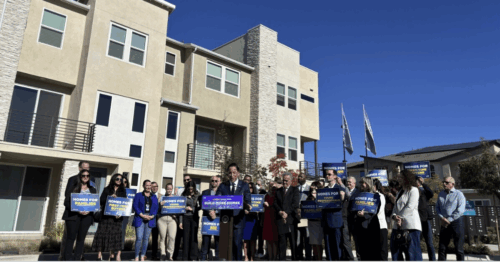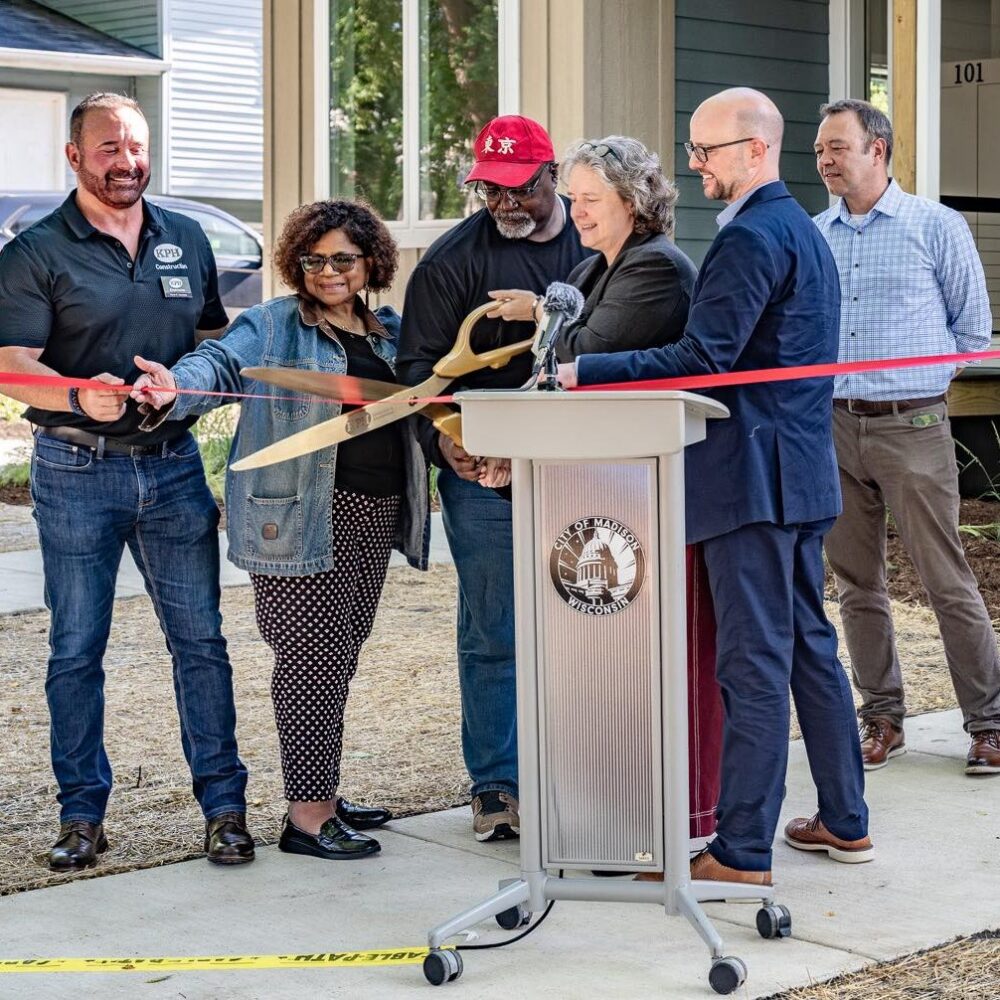
Luz Moreno-Lozano, Austin American-Statesman
Austin city leaders signed an agreement with the U.S. Department of Transportation on Tuesday that will open up funding opportunities for future projects, including for some of Austin’s largest undertakings, such as revamping Interstate 35 and Project Connect.
The partnership, Emerging Projects Agreement, will create a local-federal partnership to help local decision-makers identify billions of dollars that can be used to support the transportation and infrastructure projects in Central Texas over the next decade.
City officials said the move is an agreement to form strategies and identify available funding opportunities, including grants, and is not a direct link to money.
Similar agreements have been established between the Transportation Department and state entities, but this will be the first agreement with a municipality in the program’s history. The agreement is the result of a series of discussions between federal officials and Austin mobility leaders last year.
Mayor Kirk Watson and the Transportation Department’s Build America Bureau Executive Director Morteza Farajian made it official at a signing ceremony Tuesday.
“The Emerging Projects Agreement creates a great opportunity for Austin to try new ideas for accelerating mobility projects in a manner that also respects our community values,” Watson said. “I appreciate Transportation Secretary Pete Buttigieg, the Build America Bureau, and our congressional delegation for their continued support and guidance. I hope this partnership will help us deliver critical infrastructure projects more efficiently for our taxpayers.”
The agreement will explore opportunities for project planning, procurement, financing, and delivery to support projects including, but not limited to:
-
Project Connect, a $7.1 billion transportation plan approved by Austin voters in 2020.
-
The Corridor Construction Program, which improves safety and mobility on several Austin roads.
-
The Austin-Bergstrom International Airport expansion and development program.
-
The I-35 “Cap and Stitch” Program, which is still looking for funding options.
Project Connect could benefit. Last year, city leaders said, the project was coming in $4.5 billion higher than estimated, citing inflation on the cost of materials, labor and land, as well as the increased cost to build a tunnel under Lady Bird Lake.
While the 2020 vote authorized a tax rate increase to help pay for the project, more than half of Project Connect’s cost is expected to be funded by federal grants, which is where this partnership could really come into play.
The partnership also could help city leaders identify money for the I-35 Cap and Stitch program – estimated at $963 million.
Michael Trimble, director of the city’s Corridor Program Office, previously told the American-Statesman that the city was still looking for ways to pay for the project.
The plan would repurpose between 15 and 17 acres of green space for public use that could be built above the lowered highway lanes, stretching from Cesar Chavez Street to Eighth Street with some small pockets available farther north.
The “stitch” part of the project would widen crossings and bridges, creating safer and more comfortable spaces for cyclists and pedestrians.
“The (Build America) Bureau’s experts will partner with Austin officials to explore innovative approaches and best practices that can advance projects further into development and construction, so communities benefit sooner from the planned improvements,” Farajian said. “We are dealing with a large and complicated program of projects that will significantly enhance transportation mobility, resiliency, affordability, and safety.”
He said that to deliver this program effectively, “we need to form a strong partnership, engage all stakeholders, use innovative approaches and best practices, and take advantage of all tools in our toolbox.”
The bureau and Austin mobility entities will hold a workshop in the coming months to engage with stakeholders, review project needs, and begin the process of identifying potential funding solutions.
Read the original article here.
More Insights


WAVE: Mayor Greenberg closes out third year in office with double-digit drop in homicides


